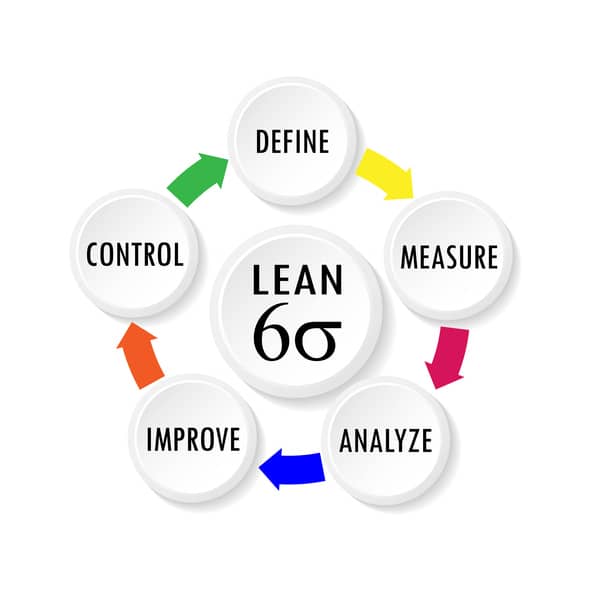Every year more and more professionals pursue higher education online. Web-based programs, offered by online-only schools or through distance-learning programs from traditional colleges, offer numerous learning options and a great deal of convenience and flexibility, which can help part-time, returning, or nontraditional students advance in their careers.
Although earning a degree and certification online can be more convenient, paying for it is often just as tricky as paying for traditional on-campus education. Generally speaking, certificate programs cost far less than degree programs. However, if an individual is pursuing certification in an effort to increase pay scale, it stands to reason they would want to spend as little as possible – without sacrificing quality, of course.
Determine Cost and Budget
 Certification program costs vary by school, major, and whether courses are taken online or on campus. Beyond tuition, online students also have to pay for textbooks and supplemental materials, which can cost between $50 to $100 or more per semester, including shipping. Students taking multiple courses per semester can expect additional expenses of up to $300.
Certification program costs vary by school, major, and whether courses are taken online or on campus. Beyond tuition, online students also have to pay for textbooks and supplemental materials, which can cost between $50 to $100 or more per semester, including shipping. Students taking multiple courses per semester can expect additional expenses of up to $300.
There are ways of finding tuition help, it just requires a little basic research. Many general scholarships and federal financial aid programs can be applied to tuition at regionally accredited online institutions. Check out studentaid.gov for a comprehensive list of resources.
Prospective students should always speak with their institution’s financial aid office about any options available to them. This may take some time and effort, but will generally reap financial benefits.
For adult students seeking Six Sigma certification, it’s a good idea to speak with their organization’s manager or Human Resources personnel to see if tuition assistance is available through the company. Some organizations may pay 100% of tuition costs for Six Sigma certification.
READ: Should Companies Pay for Six Sigma Training
Scholarships for Certificate Programs
Online credits can generally allow an individual to earn educational requirements faster. If someone is seeking a mid-career change or advancement, they can pursue a new degree or certification in as little as one or two nights a week. This has attracted many adult learners to the digital learning landscape, and because of this increasing presence of online degrees and certifications, there has also been an increase in scholarships geared specifically toward online students.
As mentioned previously, a good first place to start looking for scholarships is with the federal government. Once a Free Application for Federal Student Aid (FAFSA) has been filled out and submitted, the government determines which, if any, programs the prospective student is eligible for. It is also recommended to check with their state government as well, as often they have scholarship or grant programs for the pursuit of certificate programs.
Individuals should also check with any trade or professional organization that may offer monetary awards for those wishing to enter or advance within the profession.
Student Loans
Filling out and submitting the FAFSA will also determine whether an individual is eligible for federal student loans or grants. The majority of student loan programs are only available to those students seeking degrees, however, students aspiring to earn certificates may still be able to receive tuition help from the federal government.
If no loans are available through the federal government, students have the option of obtaining a loan from a private lender. Before signing on the dotted line, individuals must make sure they understand the terms of the loan.
Whether a student pursues a scholarship or loan, it is always best to start applying for financial assistance as early as possible. It is equally important that they stay organized and write down deadlines and application procedures so finding assistance can go as smoothly as possible.



